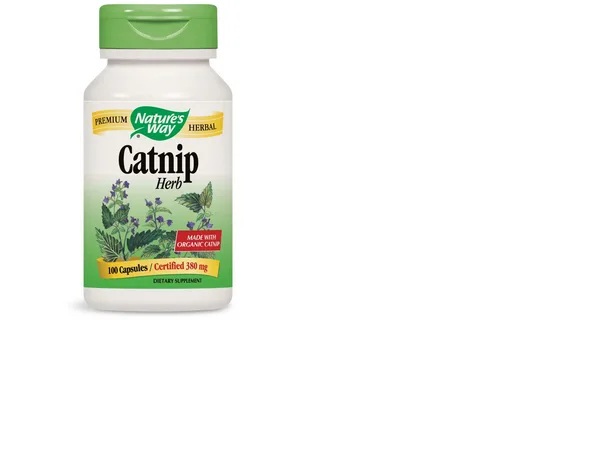Burdock, scientifically known as Arctium lappa, is a biennial plant that belongs to the Asteraceae family and is native to Europe and Asia. Revered for its nutritional and medicinal properties, burdock has been used for centuries in traditional medicine systems worldwide. In this comprehensive guide, we’ll delve into the origins, nutritional composition, health benefits, dosage recommendations, and safety considerations associated with burdock supplements.
Understanding Burdock
Origins and Traditional Use
Burdock has a rich history of use in traditional medicine, dating back thousands of years. Indigenous peoples in various regions, including Europe, Asia, and North America, utilized different parts of the burdock plant for therapeutic purposes. Traditionally, burdock root was prized for its ability to purify the blood, support liver health, and alleviate skin conditions. The plant’s leaves, seeds, and roots were also used as culinary ingredients in soups, teas, and herbal remedies.
Nutritional Composition
Burdock is renowned for its rich nutritional profile, containing a variety of bioactive compounds, including inulin, lignans, flavonoids, and vitamins (such as vitamin C and vitamin E). The roots of the burdock plant are particularly rich in inulin, a type of soluble fiber that serves as a prebiotic, supporting the growth of beneficial gut bacteria. Additionally, burdock contains minerals such as potassium, iron, and manganese, which contribute to its nutritional value.
Health Benefits of Burdock Supplements
Detoxification and Liver Support
Burdock root is often used in traditional herbal medicine as a natural detoxifier and liver tonic. The plant’s compounds, including lignans and bitter principles, stimulate bile production and promote liver detoxification processes. By enhancing liver function, burdock supplements help the body eliminate toxins and metabolic waste products more efficiently, supporting overall health and well-being.
Skin Health
Burdock supplements are prized for their potential benefits for skin health. The plant’s anti-inflammatory and antimicrobial properties help alleviate skin conditions such as eczema, psoriasis, acne, and dermatitis. Burdock root contains compounds that help purify the blood and remove toxins from the body, which may contribute to clearer, healthier-looking skin.
Digestive Support
Burdock root is rich in inulin, a soluble fiber that serves as a prebiotic, nourishing beneficial gut bacteria and promoting digestive health. Inulin helps regulate bowel movements, alleviate constipation, and support the growth of beneficial bacteria in the gut microbiota. Additionally, burdock’s bitter compounds stimulate digestive juices, promoting optimal digestion and nutrient absorption.
Anti-inflammatory Effects
Burdock supplements exhibit potent anti-inflammatory properties, which can help reduce inflammation throughout the body. Chronic inflammation is linked to various health conditions, including arthritis, cardiovascular disease, and autoimmune disorders. The anti-inflammatory compounds in burdock help inhibit the production of inflammatory mediators and modulate immune responses, supporting overall health and well-being.
Antioxidant Protection
Burdock root contains antioxidants, including phenolic compounds and vitamin C, which help neutralize harmful free radicals and protect cells from oxidative damage. Antioxidants play a crucial role in reducing the risk of chronic diseases, including cancer, heart disease, and neurodegenerative disorders. Regular supplementation with burdock supplements may help support cellular health and longevity.
Dosage Recommendations
Standardized Extracts
Burdock supplements are available in various forms, including capsules, tablets, tinctures, and teas. Dosage recommendations may vary depending on the concentration of active compounds and the specific health condition being targeted. However, a typical dosage range for burdock root extract is 300-2000 milligrams per day. It is advisable to follow the dosage instructions provided on the product label or consult with a healthcare professional for personalized recommendations.
Safety Considerations
Generally Recognized as Safe
Burdock supplements are generally considered safe for most individuals when taken at recommended doses. However, some people may experience mild side effects, including gastrointestinal upset or allergic reactions. It is essential to start with a low dose and monitor for any adverse reactions. Pregnant or breastfeeding women should consult with a healthcare professional before using burdock supplements.
Potential Interactions
Burdock supplements may interact with certain medications or medical conditions. Individuals taking medications for diabetes or blood clotting disorders should exercise caution and consult with a healthcare professional before using burdock supplements. Additionally, individuals with allergies to plants in the Asteraceae family (such as ragweed, daisies, and marigolds) may be at risk of allergic reactions to burdock.
Conclusion
Burdock supplements offer a plethora of potential health benefits, including detoxification, liver support, skin health, digestive support, anti-inflammatory effects, and antioxidant protection. With its rich history and therapeutic properties, burdock continues to be valued as a versatile botanical supplement. By incorporating burdock supplements into a balanced lifestyle, individuals can harness its medicinal properties to support overall health and well-being. As with any supplement, it is advisable to seek guidance from a healthcare professional to determine the appropriate dosage and ensure safe usage.
- Discovering CBD Bliss: A Fun Dive into JustCBD UK’s Topicals! - October 7, 2024
- Ultimate Guide to Just Kratom Capsules: Honest Reviews and Where to Buy - September 12, 2024
- Benefits of Celery Supplements - March 29, 2024

